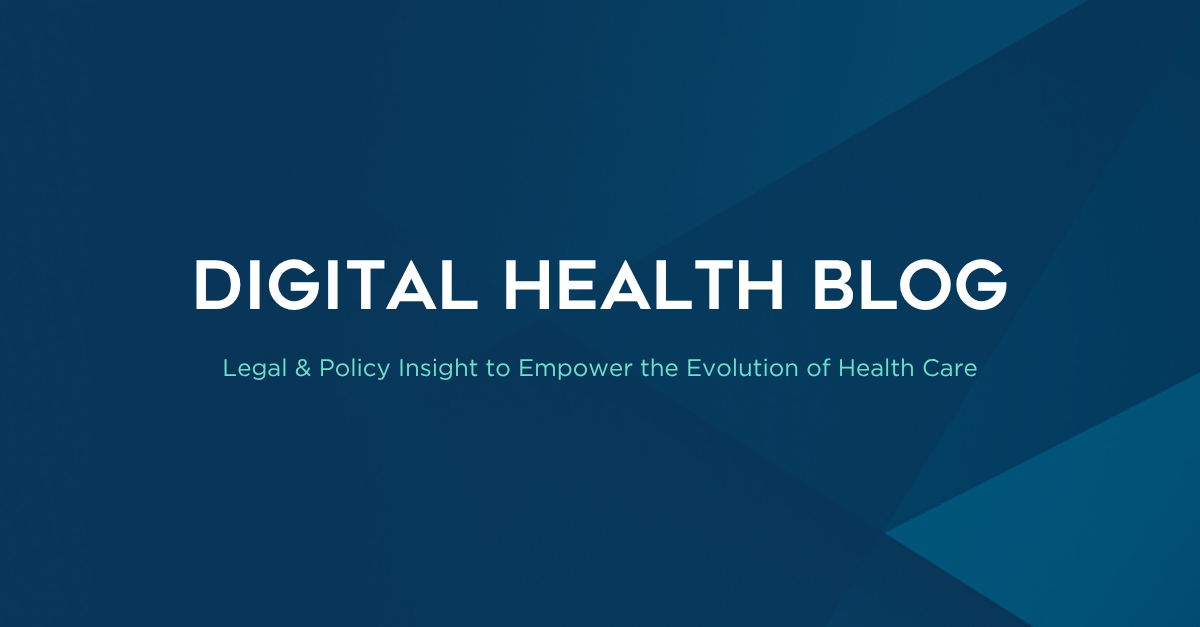CMS Updates Guidance to MACs Regarding Claims Hold
On October 21, CMS instructed all MACs to lift the hold on claims with dates of service on and after October 1, 2025 for certain services impacted by select expired Medicare legislative provisions, including claims paid under the Medicare Physician Fee Schedule and telehealth claims that CMS can confirm are for behavioral and mental health services. CMS continues to direct MACs to temporarily hold claims for non-behavioral/mental health telehealth services and for acute Hospital Care at Home claims.
CMS Releases Telehealth FAQs
The Centers for Medicare & Medicaid Services (CMS) released an updated telehealth Frequently Asked Questions (FAQ) which addresses how the federal government shutdown impacts rendering these services to Medicare beneficiaries. The FAQs address where Medicare beneficiaries need to be to receive telehealth services, which practitioners can furnish these services, whether audio-only visits are allowed, among other questions.
AMA Launches Center for Digital Health and Artificial Intelligence
The American Medical Association (AMA) announced the launch of its Center for Digital Health and Artificial Intelligence (AI). The Center will focus on putting physicians in a leadership role to shape policy, digital tools, educate and collaborate with others to build partnerships across the government and health care, technology, research sectors.
Legislation in Massachusetts Addresses Data Privacy Protections, Use of AI for Mental Health, and Use of AI for Utilization Review
On September 25, 2025, the Massachusetts Senate unanimously passed the Massachusetts Data Privacy Act (“MDPA”), originally introduced as SB 2608 and now refiled as SB 2619. The bill proposes sweeping reforms to consumer data protection, including bans on the sale of sensitive data (such as biometric, health, and geolocation information), enhanced data privacy rights for minors, and strict limits on data collection practices. The Senate referred the bill to the Massachusetts House of Representatives.
On October 16, Massachusetts joined growing number of states taking legislative action on the use of artificial intelligence in health care. SB 2632 sets clear boundaries around AI’s role in behavioral and mental health services, as well as in health care decision-making and utilization review. Under SB 2632, artificial intelligence cannot be used to make independent therapeutic decisions in a mental or behavior health setting. All treatment plans and patient interactions involving AI must be reviewed by a licensed professional. The bill also mandates transparency: patients must be informed when AI is used in their care and must provide explicit consent. The legislation further restricts how insurance carriers use AI in utilization review and other administrative functions. Specifically, it prohibits AI from replacing human decision-making or being used in ways that could result in discrimination against insured individuals.
As state legislatures gear up for the 2026 session, more proposals addressing artificial intelligence in health care and data privacy issues are likely. These developments reflect growing public and policymaker concern over the ethical, legal, and social implications of emerging technologies. However, states are taking varied approaches to regulation and enforcement, signaling an evolving and diverse policy landscape.




